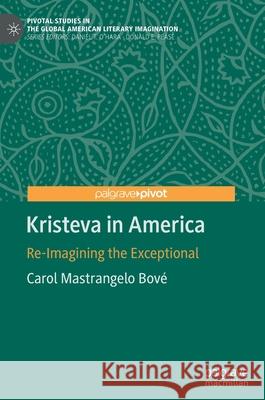Kristeva in America: Re-Imagining the Exceptional » książka
topmenu
Kristeva in America: Re-Imagining the Exceptional
ISBN-13: 9783030599119 / Angielski / Twarda / 2020 / 118 str.
Kristeva in America: Re-Imagining the Exceptional
ISBN-13: 9783030599119 / Angielski / Twarda / 2020 / 118 str.
cena 211,53 zł
(netto: 201,46 VAT: 5%)
Najniższa cena z 30 dni: 211,04 zł
(netto: 201,46 VAT: 5%)
Najniższa cena z 30 dni: 211,04 zł
Termin realizacji zamówienia:
ok. 20 dni roboczych
dostawa w 2025
ok. 20 dni roboczych
dostawa w 2025
Darmowa dostawa!
Kategorie:
Kategorie BISAC:
Wydawca:
Palgrave Pivot
Seria wydawnicza:
Język:
Angielski
ISBN-13:
9783030599119
Rok wydania:
2020
Wydanie:
2020
Numer serii:
000804301
Ilość stron:
118
Waga:
0.31 kg
Wymiary:
21.01 x 14.81 x 0.97
Oprawa:
Twarda
Wolumenów:
01
Dodatkowe informacje:
Wydanie ilustrowane











